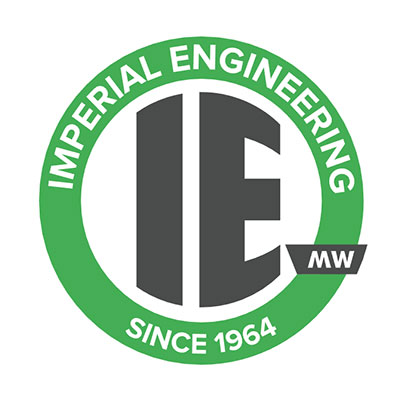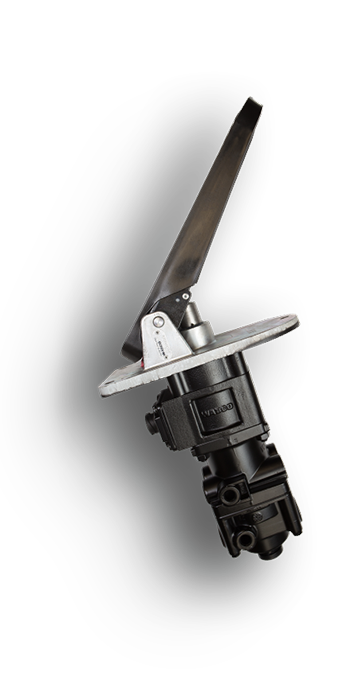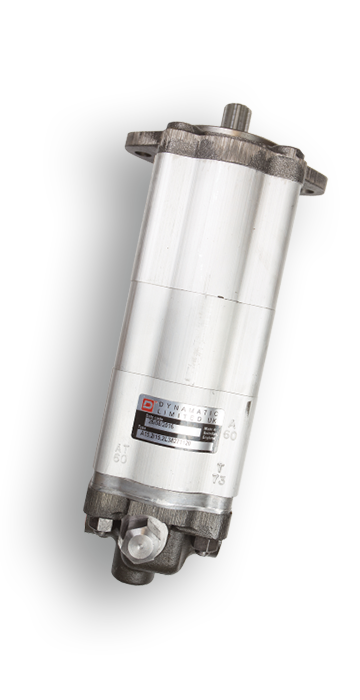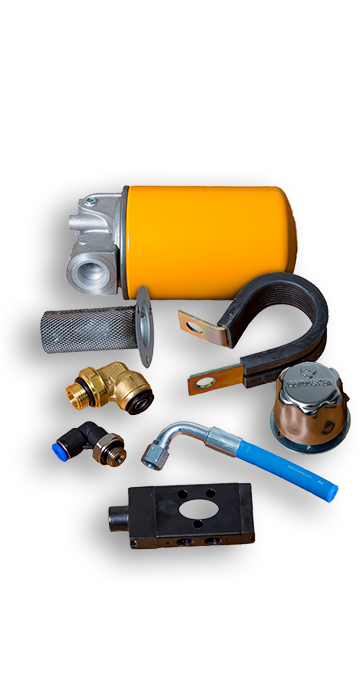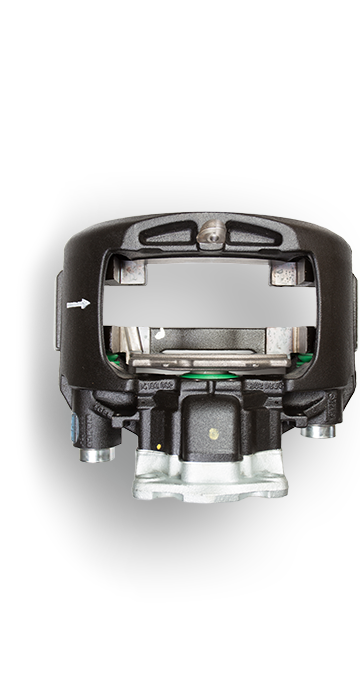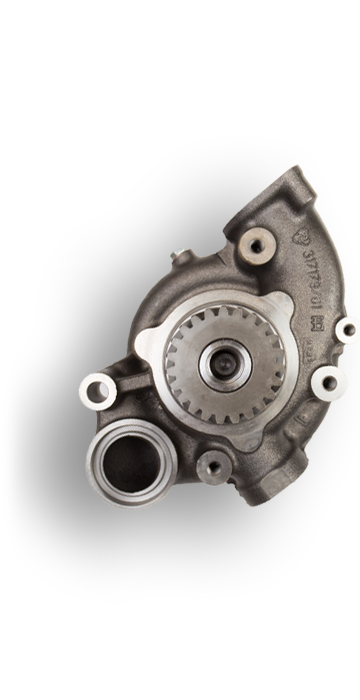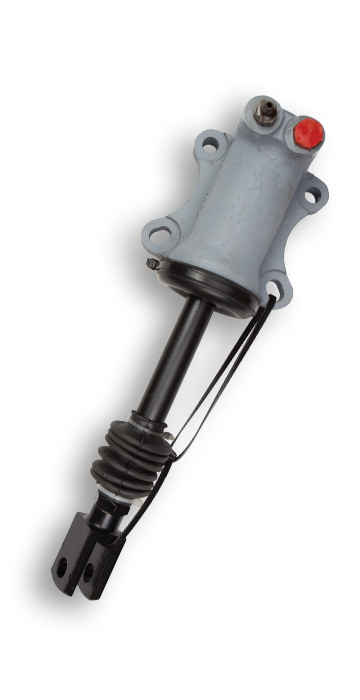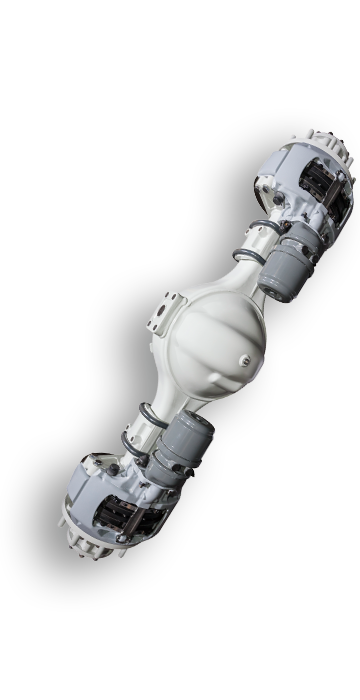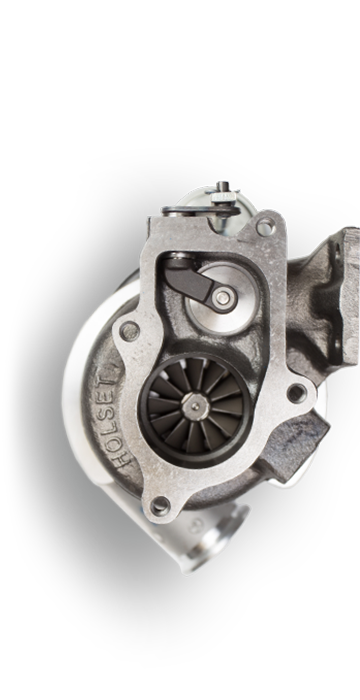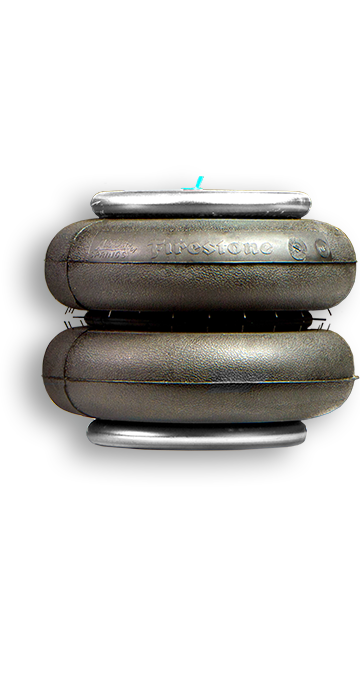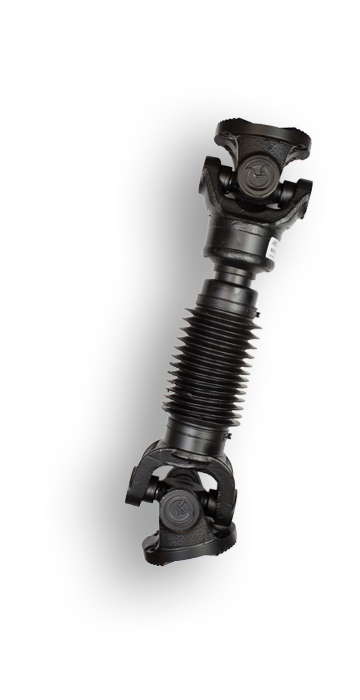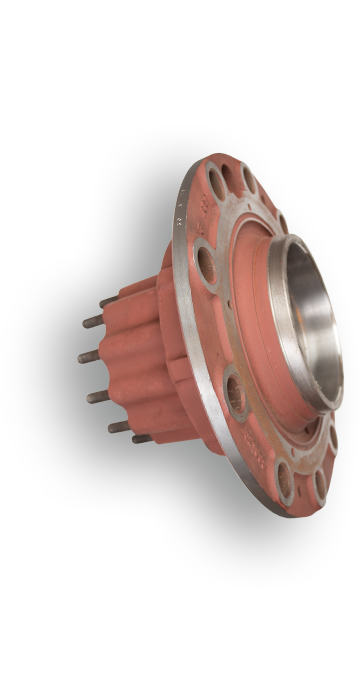Support from the coach and bus sector
As the impact of the pandemic continues to blight the coach and bus sector, operators have nonetheless found new ways to support their local communities across the UK, which have been applauded by Imperial Engineering.
Examples include firms which have converted vehicles for use as ambulances to transport Covid sufferers to hospital, plus those that have adapted vehicles for use as mobile vaccination centres. A number of operators have also launched dedicated shuttle services to help the public safely attend vaccination appointments. Launched in just two days, Go North East now runs its Connector Shuttle service up to every 15 minutes between 5am and midnight every day.
In London, Go-Ahead has loaned two buses to the NHS to be converted into makeshift ambulances. The electric-powered single-deckers have been adapted to carry four patients with room for relevant medical equipment, which can be run from the bus’s batteries. Go-Ahead has also launched the UK’s first Covid-19 mobile vaccination unit.
A joint project between the Alliance for Better Care, which represents GPs across mid-Sussex and East Surrey, and Metrobus, has seen a bus being converted into a mobile vaccination centre, targeting hard-to-reach and vulnerable communities. It was adapted by creating more room for medical staff and equipment and operates a one-way system using the bus’s dual doors.
Managing Director of Metrobus, Martin Harris, said: “Buses have an important part to play in the national effort against Covid, by safely transporting key workers to hospital, shops and other workplaces and being there for passengers making other essential journeys. We will keep working with the NHS, local councils and other partners to do whatever we can to help out.”
Other innovations include work being done to mitigate transmission of the virus. For example, a new textile treatment has been proven to reduce the transmission risk from fabrics, by using a combination of silver and liposome technologies to attack and kill viruses, including SARS-CoV-2. The ‘StaySafe’ treatment from Camira has been independently tested to ISO 18184 and AATCC 147 and shown to reduce viral activity on wool moquette fabrics, as used in bus and coach interiors, by up to 97%.
John Dwight, Sales Director of Imperial Engineering, which supplies OE bus parts to many operators across the UK, including Metrobus and Go-Ahead Group, said:
“Despite the extremely challenging situation, Imperial Engineering is very proud to see how so many of its customers have rallied to the aid of their communities and the NHS, to do what they can to help protect the public and get the pandemic under control. As a market leader in the supply of OE parts to the bus and coach sector, Imperial Engineering remains fully able and committed to serving the needs of operators in order to ensure vehicles and vital services keep running.”
As news of the vaccination rollout continues to influence some customers’ appetite to travel, an operator survey by Route One magazine this month found that 25% of respondents have received more tourism or private hire enquiries since news of the vaccine broke. In December 2020, the figure covering tourism-related enquiries was 8%. On a positive note, 39% of respondents believe that their passenger rates will increase this year, against just 4% that think they will drop. 27% believe that rates will stay static, whilst 30% are undecided.
